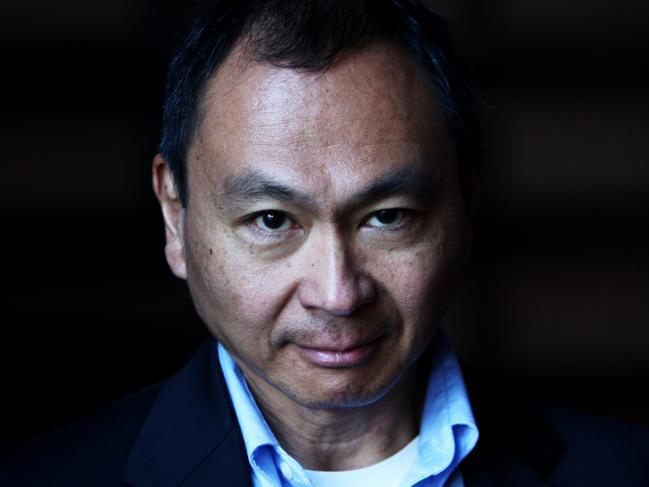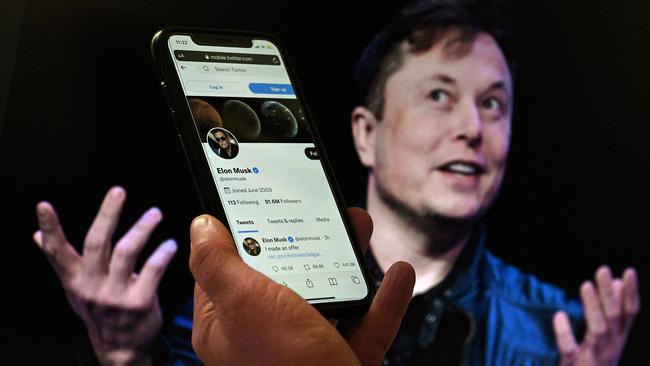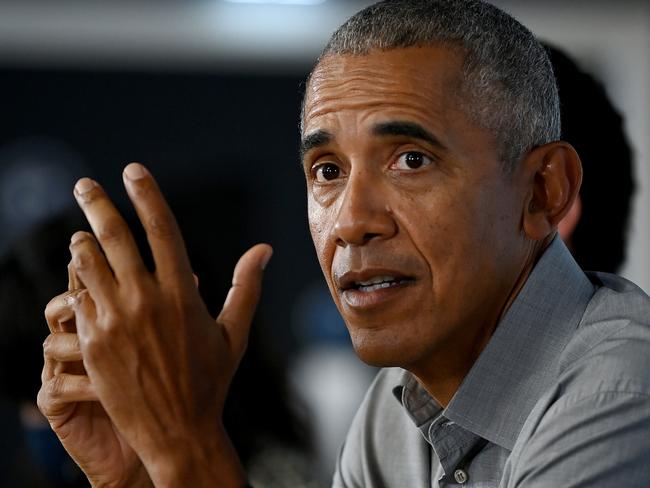Social media giants’ conservative censorship ‘like a loaded gun’
Renowned political scientist Francis Fukuyama slams Barack Obama’s appeal for the regulation of Facebook and Twitter, calling instead for an end to the silencing of conservative voices.

Renowned political scientist Francis Fukuyama has likened big tech companies’ censorship of conservative political views to a loaded gun, days after former US President Barack Obama called for more regulation to stop the spread of misinformation and disinformation.
Professor Fukuyama – who shot to fame with his 1992 book The End of History and the Last Man – said Silicon Valley tech giants such as Facebook and Twitter had “neither the capacity, judgment or legitimacy to be the arbiters of what is appropriate political speech in any modern democracy”.
The Stanford University professor said the spread of “hate speech”, conspiracy theories and so-called fake news, considered the main problem by many, including the former president, was not a major problem compared with the trend toward political censorship.
“All of that kind of speech is protected by the first amendment. [In contrast] the power to mediate content is like a loaded gun that’s sitting on the table and trusting guy at the other end of the table not to pick the gun up and to shoot you,” he told a conference of competition policy scholars and journalists on Friday (Saturday AEST) in Chicago.
Tesla-billionaire Elon Musk’s hostile takeover bid for Twitter, which he argues has become too censorious, has added fuel to the increasingly passionate debate about the rights of digital tech platforms to demote or promote posts and users according to their political and scientific views.

“At the moment if you’re on the progressive side of the political spectrum you’re not unhappy with that situation because Mark Zuckerberg or Jack Dorsey are sitting on the other side,” the professor said.
Twitter and Facebook controversially suspended former president Donald Trump in early 2021 for allegedly inciting violence during the January 6 Capitol Hill riots, and have since purged numerous journalists and scientists for criticising lockdowns and mandatory vaccination against Covid-19.
A New York Post story that revealed potentially dubious dealings with Ukrainian and Chinese businesses found on the laptop of Hunter Biden, the president’s son, was suppressed by the social media before the 2020 presidential election, despite the emails and files being true.
“The threat of Elon Musk taking over Twitter illustrates what the problem is: you may not have someone you agree with running one of these companies in the future,” Professor Fukuyama said, speaking at the University of Chicago’s Stigler Centre yesterday (AEST).

Mr Obama, speaking at Stanford University a day earlier, called for changes to US laws that shield digital tech platforms from legal responsibility for the content third-party users publish, a move the platforms say would drastically increase their costs.
“Now’s the time to pick a side … do we allow our democracy to whither or do we make it better?” Mr Obama asked, suggesting tech platforms weren’t doing enough to curb the sort of misinformation which Democrats say contributed to Donald Trump’s election in 2016.
“These decisions affect all of us, and just like every other industry that has a big impact in our society, that means these big platforms need to be subject to some level of public oversight and regulation”.
Before his election as president in November 2020, Joe Biden had similarly called for the abolition of section 230 of the Communications Decency Act. But during his time in the White House, which has repeatedly appealed to big tech companies to help it combat Covid-19 “misinformation”, Mr Biden hasn’t championed any reform.
Six bills in Congress aimed at reining-in the power of the major tech platforms, including plans to prevent future mergers, beef-up regulatory agencies and potentially break up the giant businesses, have failed to advance despite significant support from both Democrats and Republicans.
One, the 21st Century Free Speech Bill, would curtail the rights of platforms to set their own speech standards.
Professor Fukuyama argued that users of social media platforms should be able to select their own level and type of content moderation, which would be provided by third-party “middleware” software, not the social media platforms themselves.


To join the conversation, please log in. Don't have an account? Register
Join the conversation, you are commenting as Logout